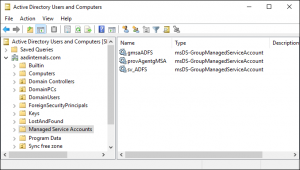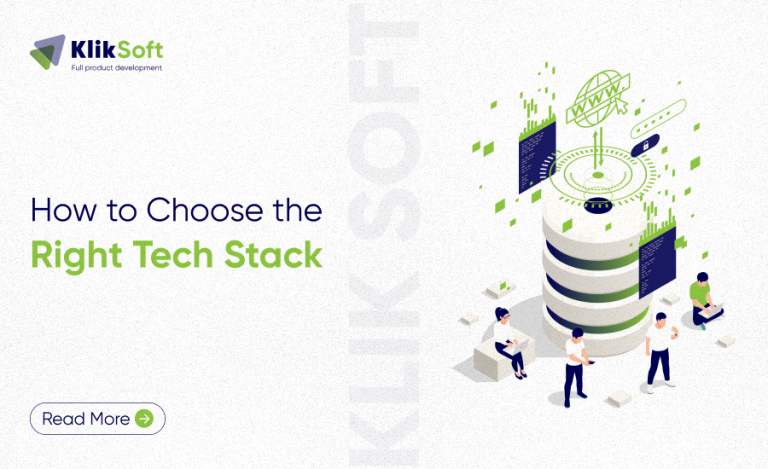MuleSoft is delighted to announce the launch of Horizontal Autoscaling for Mule purposes deployed on CloudHub 2.0 and Runtime Cloth (RTF). Managing the load positioned on an software stack is likely one of the central challenges of scaling IT operations.
Establishing a baseline for “regular service” is one factor, however as IT organizations start to scale, it’s worthwhile to account for various demand patterns that may result in an inordinate pressure in your programs.
Groups that should take care of these circumstances are sometimes shouldered with strictly monitoring software efficiency and having to manually scale infrastructure to accommodate site visitors surges. Disruptions, sluggish responsiveness, and elevated prices as a consequence of over-provisioning are all a danger on this situation.
MuleSoft intends to deal with such challenges with the introduction of Horizontal Autoscaling.
Single-click infrastructure scaling
With the clicking of a button, CloudHub 2.0 and Runtime Cloth clients can now select to routinely scale their purposes to deal with fluctuating demand and site visitors spikes, whereas optimizing their price effectivity and Anypoint Platform utilization. MuleSoft has leveraged native Kubernetes’ Horizontal Pod Autoscaler (HPA) to dynamically deploy extra or fewer software replicas primarily based on CPU utilization, guaranteeing seamless responsiveness to altering transaction volumes.

Gone is the necessity to manually observe load surges and redeploy purposes. By setting a minimal and most duplicate vary, MuleSoft routinely scales the applying, lowering the operational burden and eliminating the necessity for customized scaling insurance policies.
What’s horizontal autoscaling?
Horizontal autoscaling ensures low latency scaling and automatic responsiveness. MuleSoft can spin up extra replicas inside minutes, permitting purposes to deal with site visitors surges with out disruptions. Scale-down operations are additionally fastidiously managed to forestall site visitors loss and disruption.
Relatively than upfront overprovisioning replicas, clients can leverage this function to incur decrease utilization and anypoint prices when their software is in regular state, whereas paying for greater utilization solely when their software sees a rise in demand.
Clients can observe the flows, messages and throughput utilization incurred by purposes enabled with autoscaling by means of the Utilization Experiences dashboard. The function additionally gives elevated flexibility by decoupling software scaling from infrastructure limitations, i.e. it permits clients to undertake demand primarily based scaling with out being constrained by restricted infrastructure.
Decrease disruptions, larger flexibility
We take our place as a frontrunner within the iPaaS area very significantly at MuleSoft. Our aim is to supply a market-leading diploma of deployment flexibility. This extends to the management we afford our clients who select to deploy their integrations throughout a wide range of deployment architectures.
As software stacks proceed to scale as extra companies grow to be application-driven, dynamism is the secret. Our clients want the flexibility to scale primarily based on demand and deal with the worth derived from their integrations fairly than manually managing infrastructure.
This launch displays that actuality by offering an economical strategy to dealing with surges whereas additionally delivering worth throughout scaled down, low site visitors durations.















+ There are no comments
Add yours